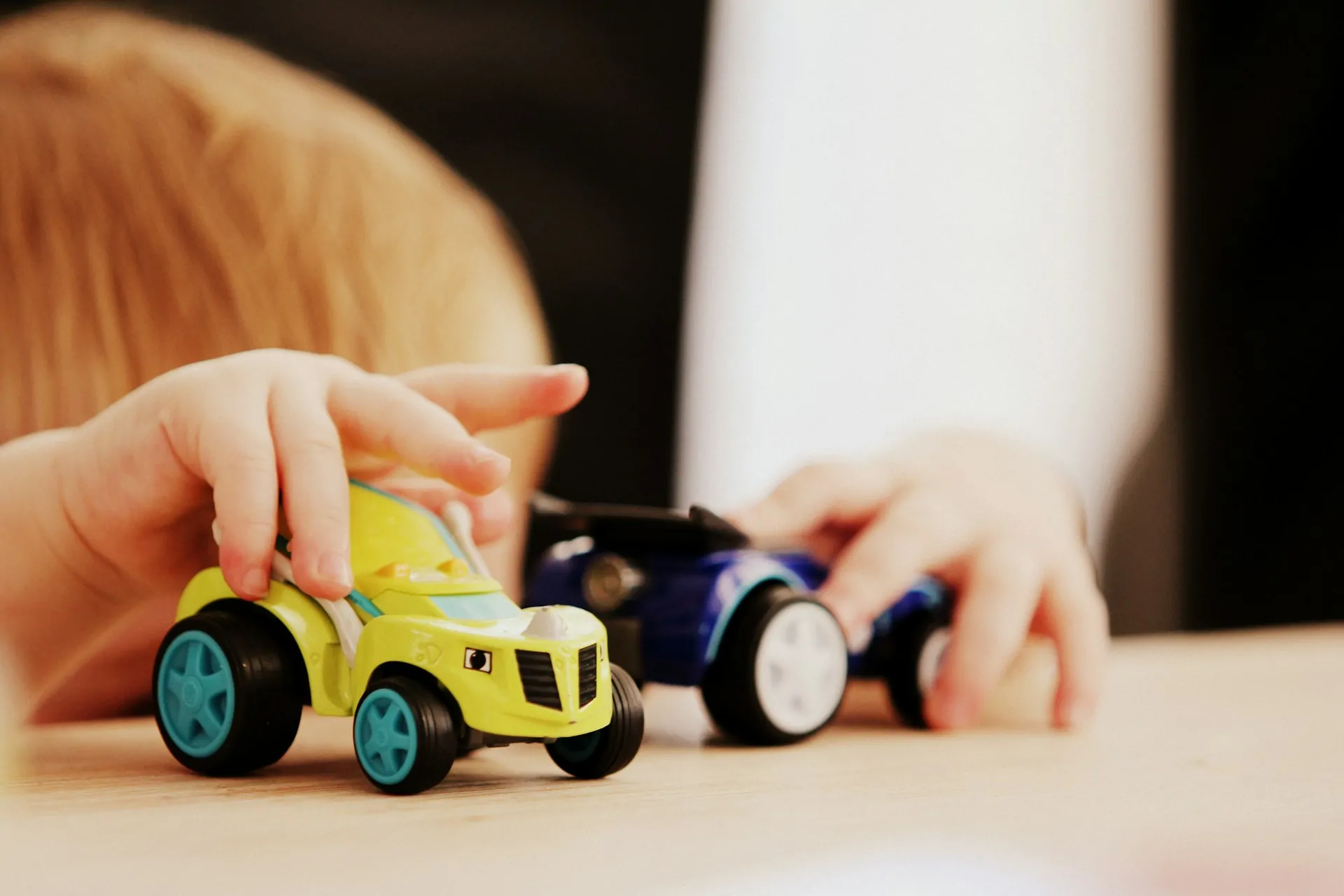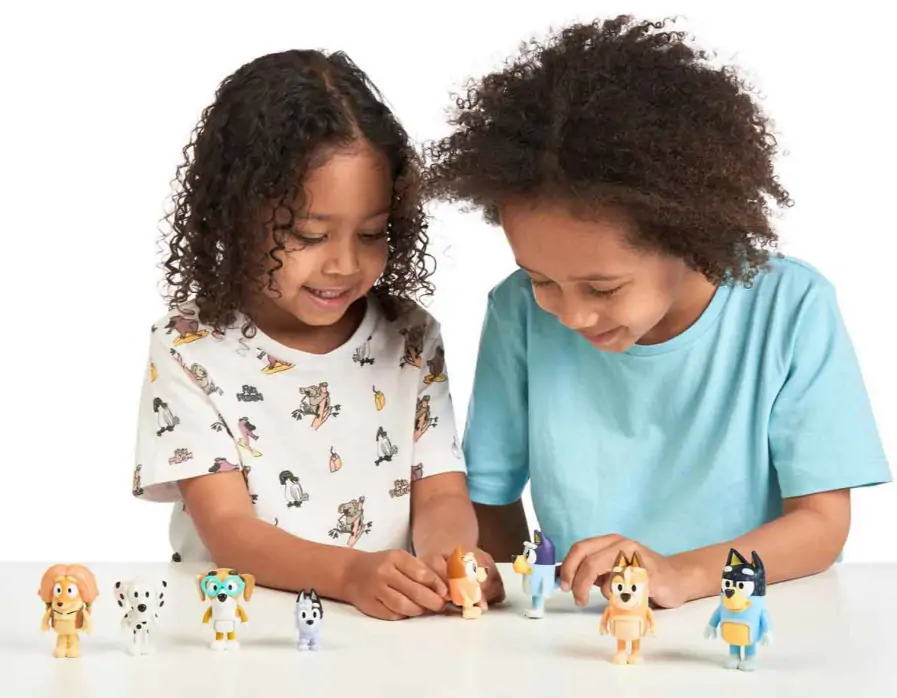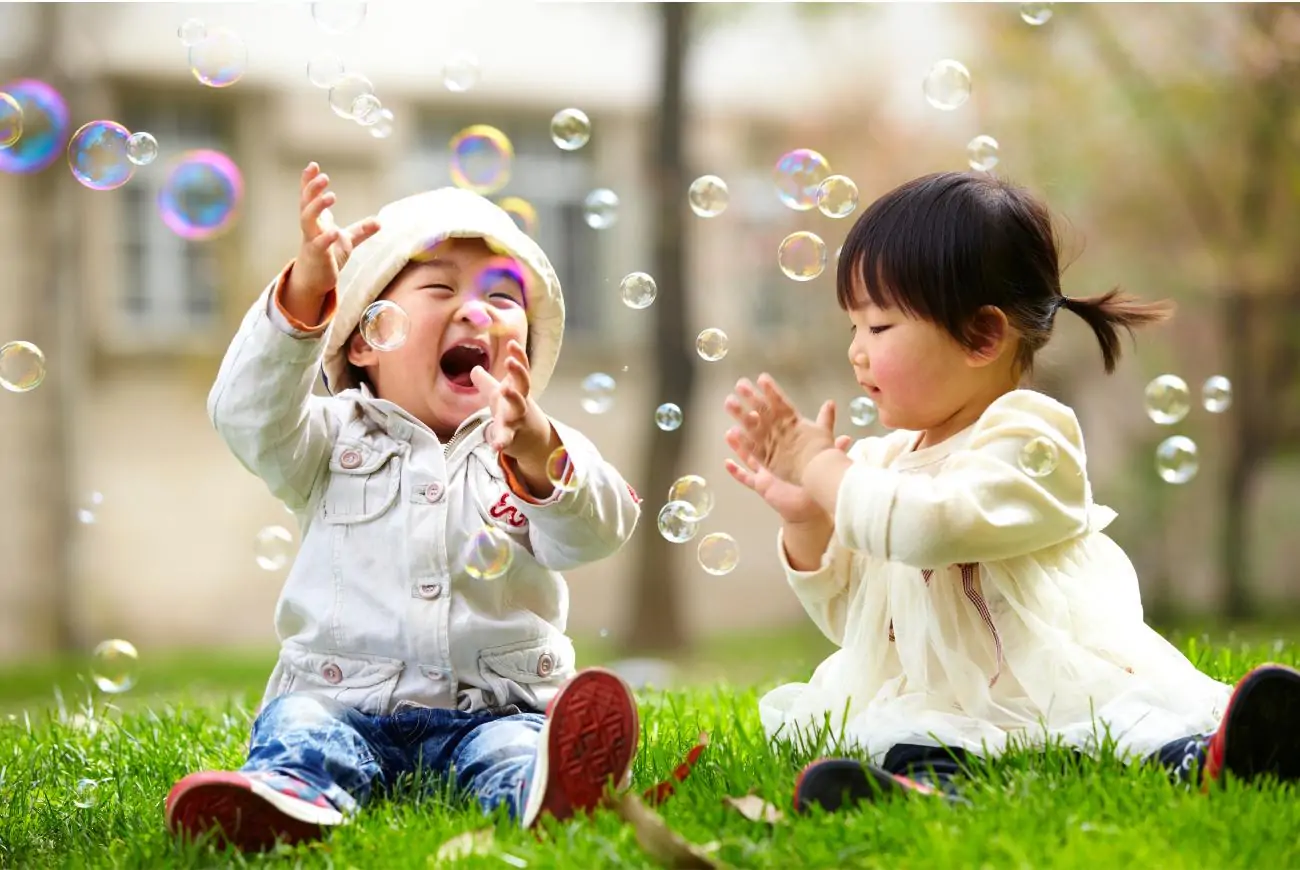Social Skills: Teaching Your Child Turn-Taking and Sharing
4 min read
Last Modified 16 October 2024 First Added 16 October 2024

Babies tend to spend most of their time with their primary caregiver. As they get older, more time is spent in the presence of other children as they attend play groups, nursery, and then school. During this time, their ability to interact with both their peers and adults such as teachers develops rapidly. Human are naturally social creatures, drawn to spending time with other humans.
Teaching your child basic social skills will come naturally. We will already be modelling socially correct communication behaviours by taking turns to speak, answering questions, making eye contact and showing empathy.
Basic social skills include listening, taking turns, answering questions (either verbally or with pointing) sharing respect, patience and negotiation.

Turn-taking plays a huge role in successful social interactions. In their early lives, children must learn to take turns in conversations, games, role-playing or at the doctors, waiting your turn will play a role in many of your child’s early experiences. As adults, we take turns in debates, sporting activities, speaking in meetings or interviews, when queuing for things or when distributing household chores.
Developing an early grasp of this basic social skill will support their growth in other areas, allowing them to have more complex interactions. This in turn helps support the growth of their vocabulary, competitive spirit, creativity and problem solving, helping to create bonds and build friendships.
The same goes for sharing, although this can be trickier for young children, the concept of sharing can open up exciting new opportunities for them. Collaborative role-play and positive play experiences with their peers grow confidence and creativity. Sharing helps children to connect with others and teaches valuable lessons about empathy and cooperation.

You’ll have been modelling basic turn-taking to your baby since birth, in the form of conversations happening around them. We take turns to speak in all examples of successful conversation and it’s part of our basic understanding of how communication works. However, taking turns is a learnt skill and you can help small children to realise the concept way before they are able to successfully articulate themselves in speech. Clapping games where you clap together and then copy short sequences, throwing and catching a ball and peek-a-boo all involve taking turns and support their understanding of the concept.
Taking turns also happens with coveted toys in groups of children. Teaching your child to wait for their turn and to hand over the toy when it’s another child’s turn can be difficult at first, but it’s important that little ones understand that sharing and taking their turn lead to a better experience when playing with others. Pointing out examples of others sharing “Look how nicely they are sharing that toy together!” or reading books where characters share and take turns, can help to reinforce these important learning skills.
Read our disclaimers.